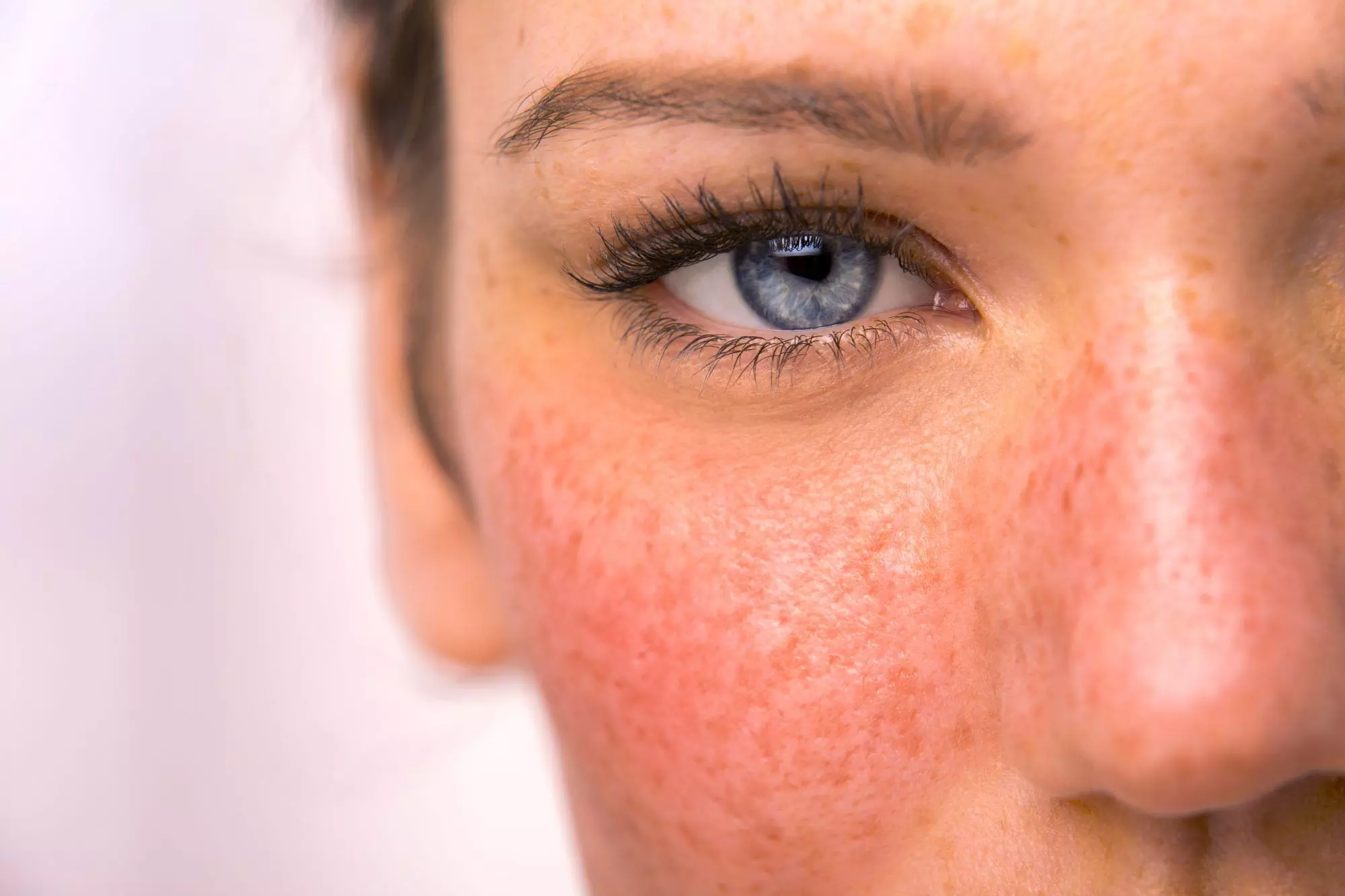Erenumab reduces rosacea-associated flushing and erythema symptoms: JAMA

A recent study published in the Journal of American Medical Association found promising results after investigating the use of erenumab which is a drug primarily used for migraine prevention, for treating rosacea symptoms.
The open-label trial conducted at the Danish Headache Center of Copenhagen University Hospital, Rigshospitalet involved 30 participants who were administered 140 mg of erenumab subcutaneously every four weeks for a total of 12 weeks. The study was conducted from June 2020 to May 2021 to assess the effectiveness of erenumab in reducing the severe redness and flushing associated with rosacea. The primary focus of the research was to assess the change in the number of days participants experienced moderate to extreme flushing when compared to their condition at the beginning of the study. The secondary outcomes included changes in days with moderate to severe erythema or facial redness.
The key findings from the trial were;
At the end of the 12-week period, the participants reported a significant reduction in the number of days with flushing, this was from an average of 23.6 days at baseline to 16.7 days.
Also, the days with noticeable redness decreased from 15.2 to 7.1 days on average. These changes suggest that erenumab could potentially offer relief to the individuals with distressing rosacea symptoms.
While the treatment was generally well-tolerated, some adverse effects were noted, including mild to moderate constipation, transient worsening of flushing, bloating and upper respiratory tract infections.
These side effects are in line with what has been previously documented with the use of erenumab in migraine treatment. Only one serious adverse event was reported which was a case of gallstones that lead to hospitalization, which did not convince the research team as mediated by the drug.
The findings are significant as they point towards a new application for CGRP-receptor inhibitors like erenumab in treating skin conditions beyond their current use in neurology. CGRP (Calcitonin Gene-Related Peptide) has been linked to the pathogenesis of rosacea influencing vascular and inflammatory processes in the skin. Erenumab may help manage symptoms that are often resistant to other treatments by inhibiting this pathway. Despite these promising results, larger randomized clinical trials are imperative to confirm these findings and better understand the potential of CGRP inhibitors in treating rosacea.
Source:
Wienholtz, N. K. F., Christensen, C. E., Do, T. P., Frifelt, L. E. W., Snellman, J., Lopez-Lopez, C. L., Egeberg, A., Thyssen, J. P., & Ashina, M. (2024). Erenumab for Treatment of Persistent Erythema and Flushing in Rosacea. In JAMA Dermatology. American Medical Association (AMA). https://doi.org/10.1001/jamadermatol.2024.0408



